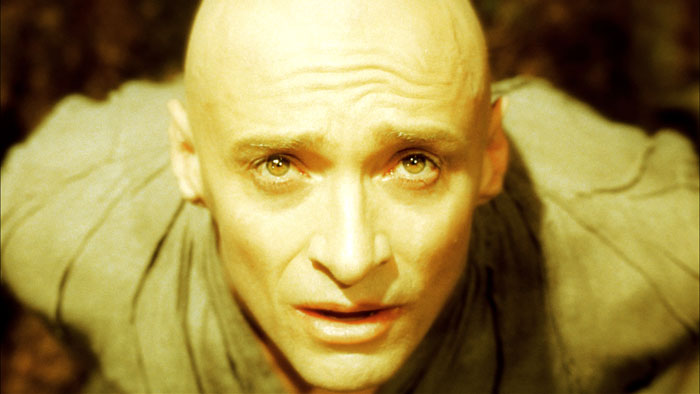
At Taste of Cinema we’ll be the first to admit that the term “masterpiece” gets tossed around like so much confetti, often designated to films that are of-the-moment but lack any kind of longevity or lasting resonance. It’s with a little of that 20/20 hindsight that the following list has been made, looking back at recent cinematic history at the films that have left an undeniable and influential mark and yet, largely remain overlooked outside of niche audiences, often of fellow filmmakers or devoted cineastes.
The 10 films that follow were released in the 2000s and in the years since have proven their influence and artistic merit, guaranteeing startling reveals, original and/or reworked expressions and ideas that may well become your new cinematic obsession. Enjoy!
10. Birth (2004)
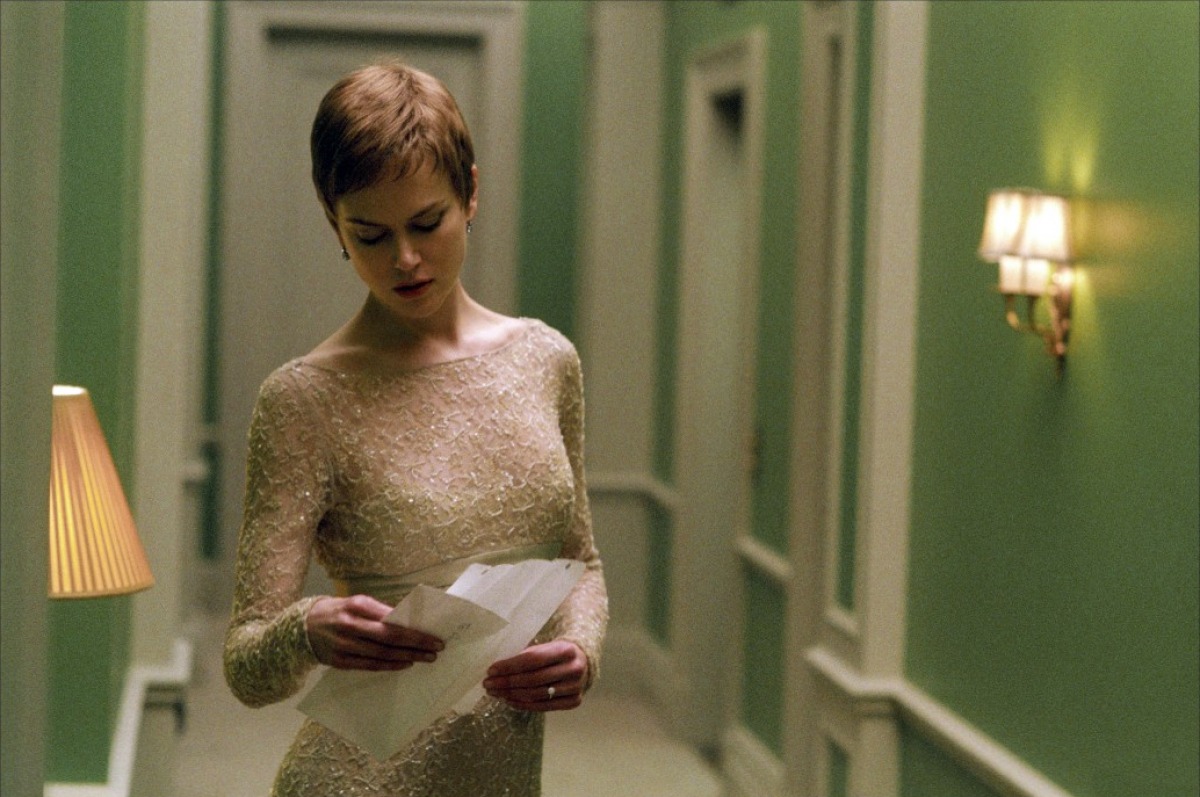
Jonathan Glazer’s criminally misunderstood second feature Birth combines a sedated surrealism with a powerful meditation on belief and its connection to love and the result is a confrontational and compelling pièce de résistance.
Nicole Kidman is Anna, a Manhattan widow who slowly comes to believe the claims of a ten-year-old boy named Sean (Cameron Bright), who repeatedly tells her that he is the reincarnation of her late husband, also named Sean (Michael Desautels), who died suddenly ten years hence.
There’s something histrionic about the emotional insecurity that Birth boldly emblazons, and it makes for something of a malefic love letter, a lamentable billet-doux from a gifted director. Way ahead of its time, Birth is, as A.O. Scott writing for The New York Times puts it, “both spellbinding and heartbreaking, a delicate chamber piece with the large, troubled heart of an opera.”
9. Goodbye, Dragon Inn (2003)
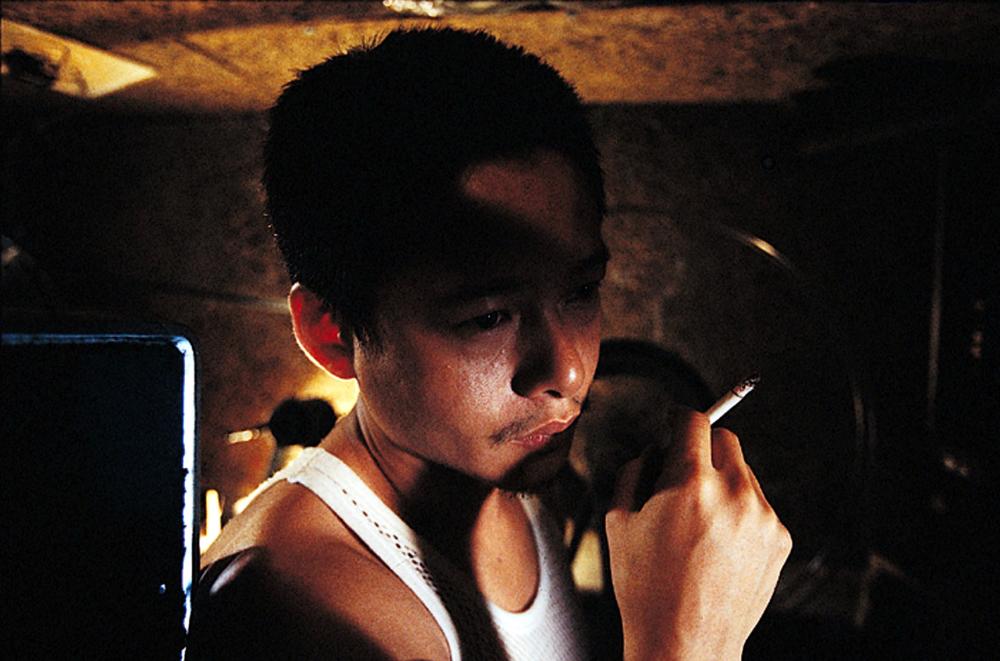
From one of the major players in New Taiwanese Cinema (next to Hou Hsiao-hsien and Edward Yang), Tsai Ming-liang details urban alienation with the deft eye of a master. Goodbye, Dragon Inn, set inside a doomed movie temple on the eve of its closure, demonstrates Tsai’s signature slow cinema approach of long fixed shots and abrupt eruptions of surreal humor –– often courtesy of the expressive and paradoxically impassive actor and muse, Lee Kang-sheng (who has appeared in all of Tsai’s feature films).
In this film the Fu-Ho movie palace is populated by forlorn souls, both living and dead, wandering and wondering within the faded, once embellishing interior, ravenous for connection. Outside the Fu-Ho a torrential downpour drenches the streets of Taipei, establishing and underscoring a tangible yet allusive sense of ghostly melancholy that torments and troubles the picture in what is widely and rightly regarded as Tsai’s masterpiece.
8. The Fountain (2006)
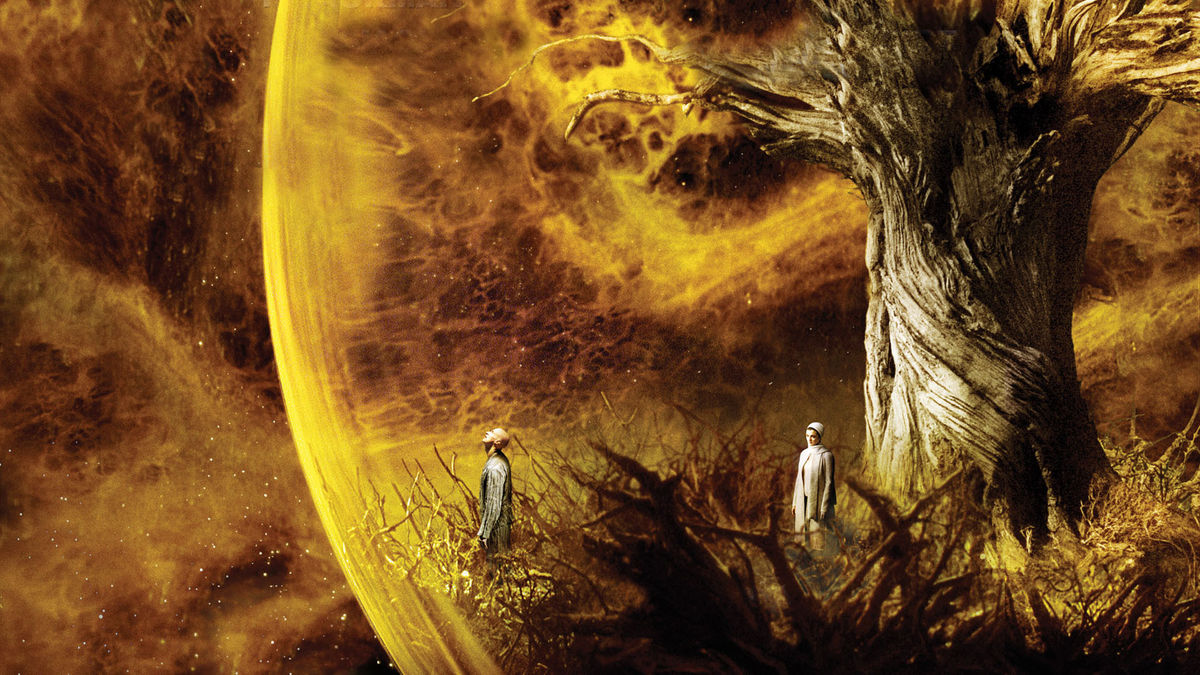
A psychedelic sci-fi fantasy and a historical romance that miraculously maneuvers multiple meanings, ideas, themes, and storylines in an epic triptych spanning a thousand years, Darren Aronofsky’s The Fountain centers on the celestial space pursuance of everlasting life represented in a mythical tree.
Starring Hugh Jackman in three roles; as Tomás Verde, a 16th-century Spanish conquistador; Tom Creo a 21st-century neurologist; and Tommy a space traveler in the far future en route to the golden nebula of Xibalba, each fighting to save his beloved (Rachel Weisz) from death, The Fountain takes the biblical tree-of-life from the Book of Genesis and Kabbalah. There’s also a gripping through line binding neuroscience and Spanish colonialism as well as Mayan myths glimpsed from an indigenous lens, and a playfully profound intermingling of David Bowie’s “Major Tom” pop chronicle.
Matthew Libatique’s stunning cinematography gives The Fountain it’s most immediate pleasures, presenting an often floating camera-feel that helps the ethereal elements appear more palatable as in the meticulously detailed and beaming bright with candles 16th-century Spanish court or the darkened yet intricate chambers of the fanatical zealot Grand Inquisitor Silecio (Stephen McHattie) where a gold-lit fringe dazzles with a Bosch-like lucidity.
The Fountain should be forgiven for its poetic flourishes and ambiguous angles as the most important point of the film is irrefutable; it’s a visual miracle.
7. Dead Man’s Shoes (2004)
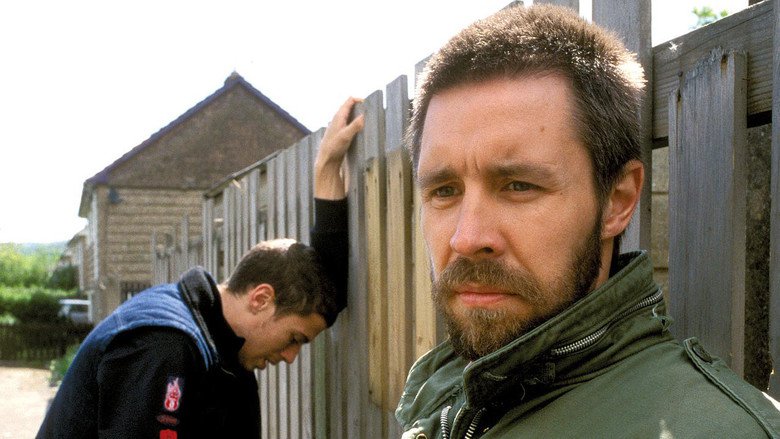
English writer-director Shane Meadows (This is England) carefully constructs one of the most compelling, harrowing, and utterly convincing revenge-thrillers you’re likely to ever see with the staggeringly impressive and occasionally gut-wrenching Dead Man’s Shoes. Paddy Considine, who rightly won “Best British Actor” at the 2005 Empire Awards for his shocking turn, is alternately terrifying and terrific as Richard, a soldier who returns home to the small town of Matlock, in Derbyshire. It is here that his mentally-impaired little brother Anthony (Toby Kebbell), suffered the terrible abuse and torment that cut his life short, and Richard is out for blood. And blood is just what he’ll get as one by one the riff raff responsible will get a reckoning.
Meadows’s film is an economic 86 minutes that powerfully and precisely builds to a crescendo that may seem lo-fi, but is all the better for it; a high-minded, inexorable, utterly raw, and frequently frightening tour de force.
“God will forgive them,” Richard says in an alarming and urgent voiceover, adding: “He’ll forgive them and allow them into Heaven. I can’t live with that.” And if revenge films are your favorite cinematic flavor, you can’t live without enduring and experiencing Dead Man’s Shoes.
6. Morvern Callar (2002)
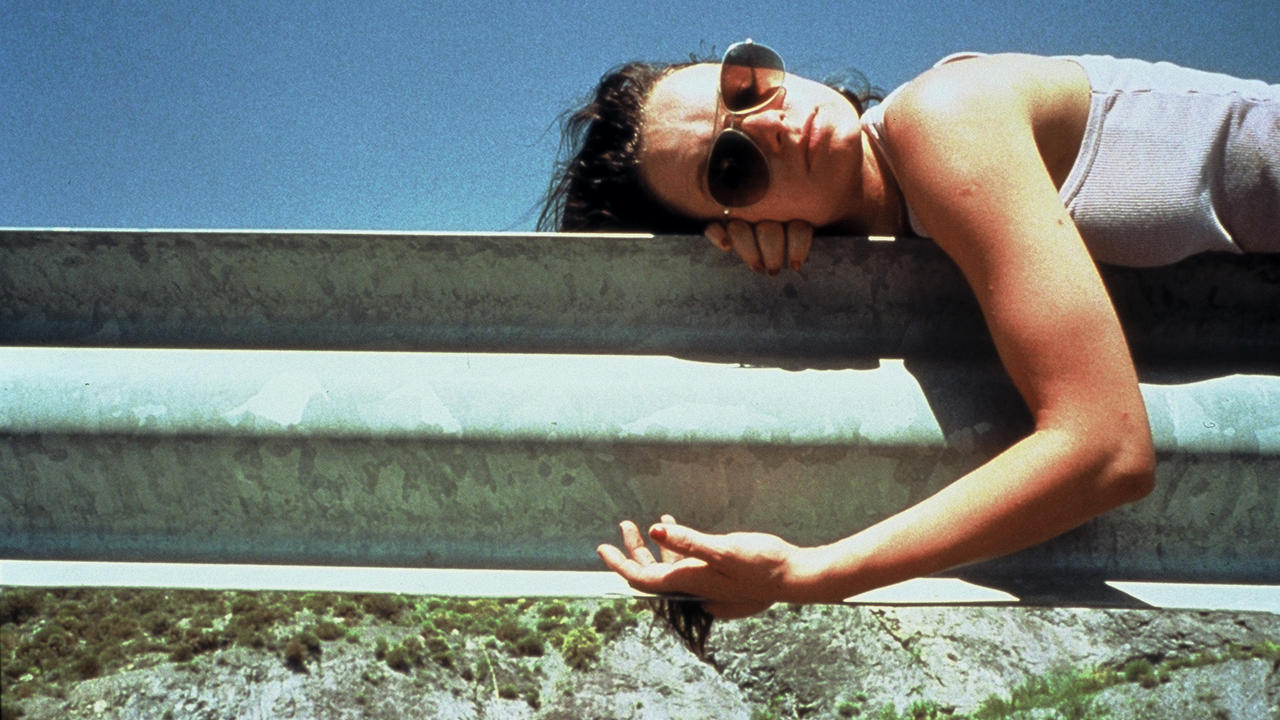
Morvern Callar is Lynne Ramsay’s miraculous second feature, a loose adaptation of contempo-beat Scottish writer Alan Warner’s 1995 cult novel of the same name. A challenging but rewarding film of startling beauty and immense intellect, Morvern Callar begins in a small coastal town in the west of Scotland where self-effacing clerk Morvern (Samantha Morton, incredible) is suddenly thrust into turmoil after the awful suicide of her boyfriend.
A series of rivetingly rendered events soon finds Morven and her bff Lanna (Kathleen McDermott) on a trip to Ibiza and beyond, that brings with it unexpected emotions, revelatory questions and comments regarding sexuality, class conflict, loyalty, identity, and lamentation. Morvern’s picaresque quest, the people and places she interacts with along the way, all contribute to a many-layered parable that’s also a stunning narrative feat.
“Where are we gonna go?” asks Lanna, to which Morvern responds: “Someplace beautiful.” Ramsay’s Morvern Callar is unforgettably such a place.